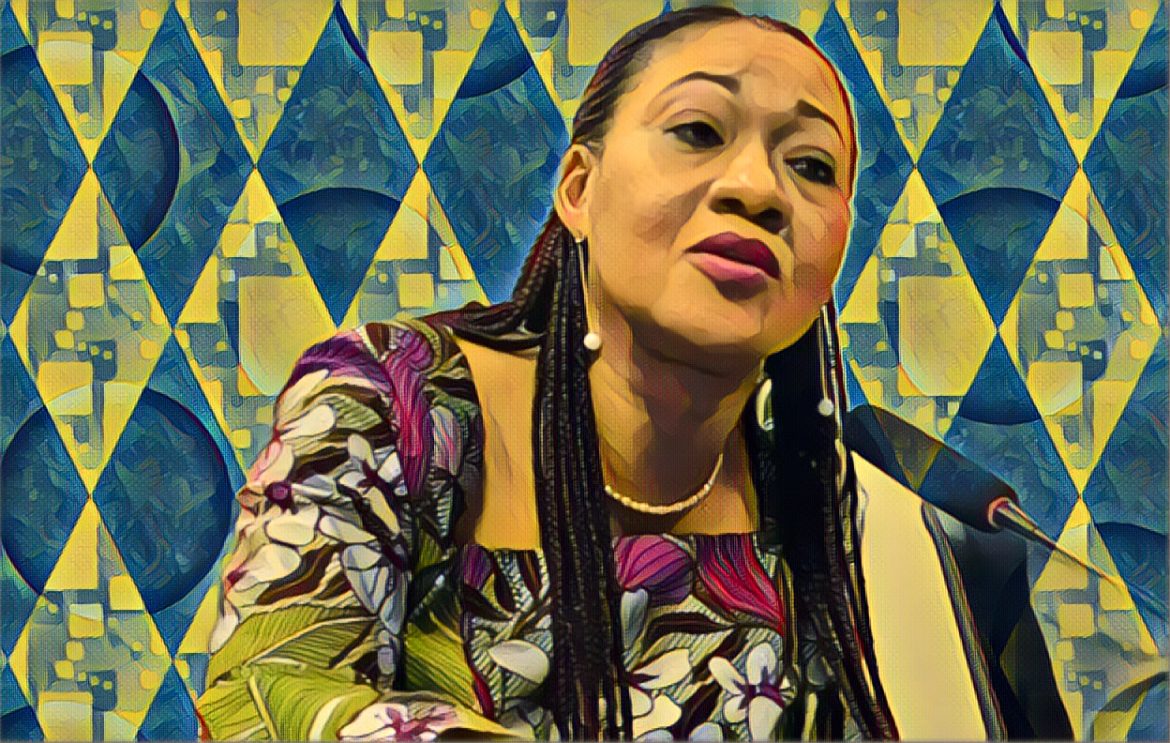KEY POINTS
- Disqualified candidates argue the EC failed to explain their disqualifications clearly.
- Bernard Mornah of the PNC calls for an audit of all candidates’ nomination forms.
- The PPP’s Nana Ofori Owusu plans to take legal action, confident his party will be on the ballot.
Some presidential candidates, who have been disqualified from the 2024 general election, are heading to court to sue the Electoral Commission of Ghana.
The candidates, including the People’s National Convention’s Bernard Mornah and the Progressive People’s Party’s Nana Ofori Owusu, have accused the EC of not providing adequate reasons for their disqualification. This has led to frustration and the decision to seek legal redress.
This comes after the EC disqualified 11 candidates while approving 13 others to continue their presidential campaigns. The disqualified candidates argue that the EC did not adequately explain their disqualification from the race.
Former contestants express frustration over disqualification
The People’s National Convention candidate, Bernard Mornah, voiced his dissatisfaction during an interview. He acknowledged the EC as a legal entity but expressed concern over its handling of the disqualification process.
“The Electoral Commission is a creation of law, and we have never resorted to violence in carrying out our duties,” Mornah said. “But we believe the EC made a mistake, and they need to correct it.”
Mornah also suggested that to ensure fairness, the EC should thoroughly scrutinise the nomination forms of all qualified candidates.
Legal action on the horizon
According to a report by MyJoyOnline, the PPP’s National Chairman, Nana Ofori Owusu, also vowed not to accept the EC’s decision and indicated that he would exercise his legal right to challenge it in court. He complained that the EC had not provided clear reasons for his party’s disqualification, accusing the commission of issuing vague statements that failed to address specific concerns with the nomination forms.
“We will be participating in the 2024 election; I am very sure of that,” Owusu confidently stated. “The EC is not the final authority; they must allow us the opportunity to correct any alleged mistakes.”
The EC has previously noted that all candidates were given a chance to correct their submissions, but this has not satisfied the disqualified candidates. It now seems likely that the commission will have to defend its decision in court.




